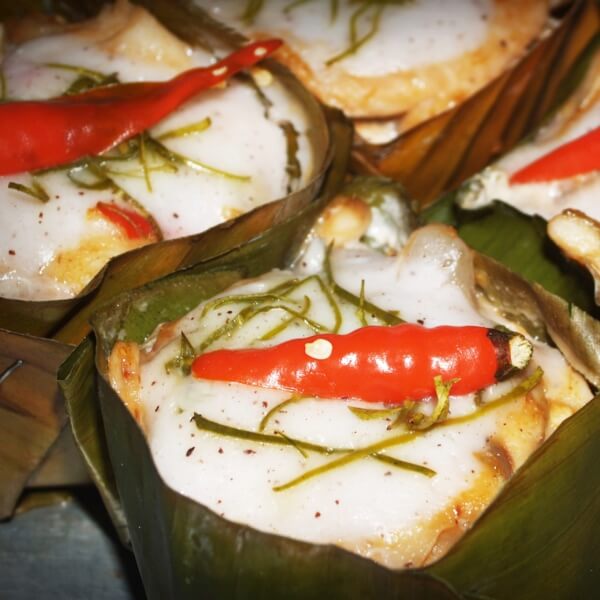One of the reasons for the popularity of tilapia is that they are short-lived and primarily vegetarian and therefore do not accumulate substantial amounts of mercury by consuming other fish, as other common predatory food fish (such as tuna) do. You will start seeing more farmed tilapia, because they are lower on the food chain, and therefore more efficient — a driving force in an increasingly overpopulated world. This means less expensive for the consumer – this is a good thing in trying to change people’s attitude about consuming more protein and omega-3 fatty acids from fish.
Farmed fish aren’t necessarily inferior to their wild-caught brethren, any more than farmed beef or grain is inferior to wild varieties of those foods. And there’s no guarantee that wild-caught fish are a safer food source than farmed fish, as the former often ingest a variety of toxins and other pollutants that flow into the world’s waterways. The issue is farmed tilapia can vary considerably in quality based on where they are produced.
Tilapia are typically farmed in the U.S. and Canada using tanks with closed recirculating systems, but much of the tilapia consumed by Americans is imported from Latin America and Asia (particularly Ecuador, China, and Taiwan), where the fish are usually raised in outdoor freshwater ponds. (China is the world’s largest producer of farmed tilapia, supplying approximately 40% of global production; nearly 40% of that output is exported to the U.S., primarily in the form of frozen fillets.) As reported by the Environmental Defense Fund, in Ecuador tilapia are grown at low densities alongside shrimp to reduce water pollution, resulting in less disease and chemical use. But in China and Taiwan, water pollution and the use of chemicals in tilapia farming is a concern.
Although it appears that China and Taiwan are attempting to improve their practices and the imports are being monitored more closely- it is still buyer beware in my opinion. READ the LABEL on anything in a package and ask the question of your fish monger or your favorite restaurant… then listen. If the label isn’t specific and/or the answer is “I don’t know”… make another selection.
Kimberly Young, M.S. is a practicing Nutritionist in Dallas, Texas. Learn about her integrative and functional approach to diet and nutrition at kyoungnutrition.com
Reference: snopes.com, Environmental Defense Fund


Leave a Reply